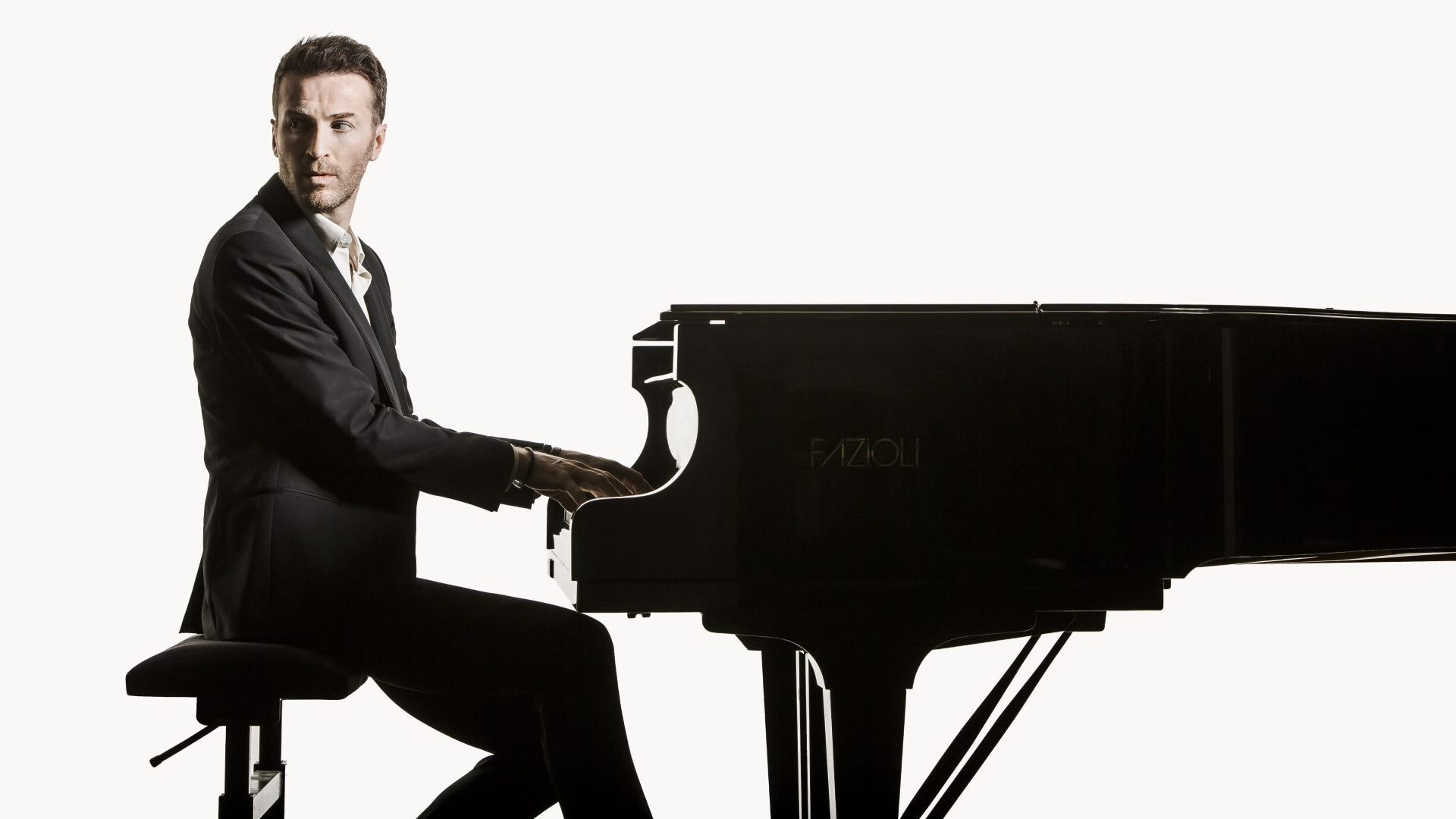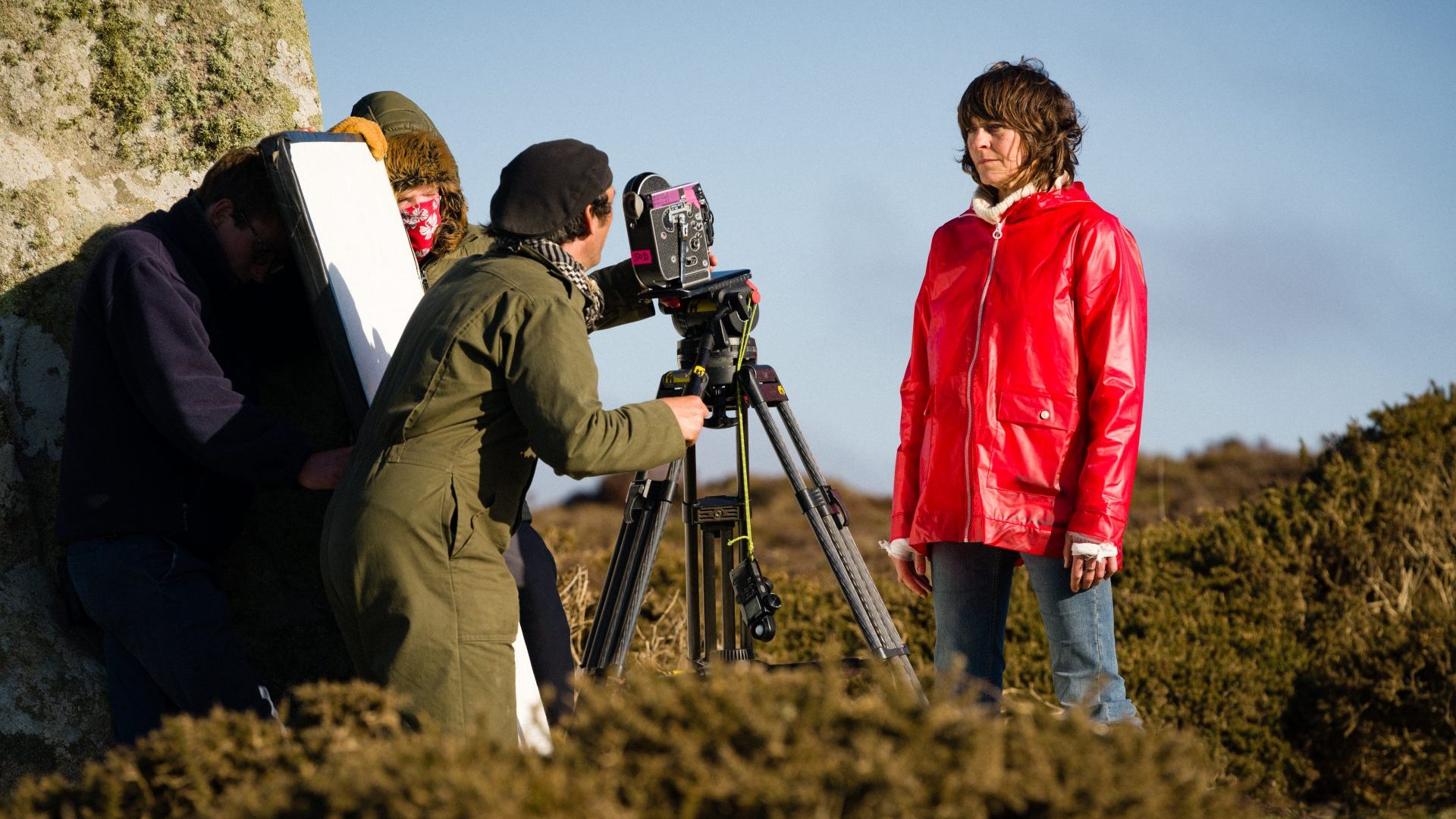The last two decades have truly been the age of the jukebox musical. ABBA’s Mamma Mia! was the catalyst, an unassailable behemoth of musical theatre success with two decades of record audiences and the two Hollywood films it spawned just the cherry on the cake. Almost 25 years since it premiered, Mamma Mia! is currently running in London (the fifth longest-running show in West End history), Oslo and Hamburg, as well as on the high seas via Royal Caribbean cruises.
Now, another Swedish artist has adopted the jukebox formula. & Juliet shoehorns the songs by the diverse acts that pop production mogul Max Martin has sprinkled his magic over, from the Backstreet Boys to Bon Jovi, into one Shakespeare-inspired narrative. Both critics and audiences have been thoroughly convinced. Nominated for a hefty nine Oliviers in 2020 after it opened in London, the show broke the box-office record at the Stephen Sondheim Theatre in New York last month, and another production will open in Melbourne in two weeks’ time.
But & Juliet is only the latest word in the European jukebox musical. In the wake of the gargantuan success of Mamma Mia!, a whole raft of artists from the continent have been no slouches in noticing that the format can be a natty way of re-energising – and remonetising – a fading back catalogue.
Some of the greatest names in French songwriting have had a bash at the jukebox musical ploy. Charles Aznavour was well into his 80s when his Je m’voyais déjà opened in Paris in 2008. Meanwhile, Je vais t’aimer, which
works the often socially provocative songs of veteran French singer songwriter Michel Sardou into an all-singing, all-dancing original story, opened in 2021 and is currently on tour (“the press speaks of a French Mamma Mia!”, the show’s website boasts).
Predating those were two musicals based on the works of two French near-contemporaries of Sardou. Belles, belles, belles used the songs of pop sensation of the 1960s and 1970s Claude François, best known abroad for writing the lyrics for the original French version of My Way, Comme d’habitude. The musical opened at the Paris Olympia 25 years after François died aged just 39 in a freak accident, but the show – claimed to be the first French jukebox musical – flopped and lasted only two months.
Only a little more successful was Résiste, the Michel Berger musical. He also died young, of a sudden heart attack, in 1992, and the 2015 show was co-written by his wife, France Gall. The show had ambition, being explicitly inspired by Mamma Mia!, and with choreography by Marion Motin, who has worked with Belgian rapper Stromae and French star Christine and the Queens, but critics were divided over whether it lived up to Berger’s music, including classic hits for Françoise Hardy and Johnny Hallyday.
While these French shows all used original stories, German musical institution Udo Lindenberg’s musical Hinterm Horizont was an exercise in
self-mythologisation (a huge prop version of the singer’s trademark fedora dominated the stage), and was based on the real-life event of Lindenberg’s historic concert in East Berlin in 1983. Die Welt declared it more theatre than musical, but it was a huge commercial success, with some two million people seeing it over a five-year run. Staged at the Potsdamer Platz Theatre, where the Berlin Wall had once cut across the square, it was hyper-local, but nonetheless later successfully transferred to Hamburg.
Similarly dependent on a sense of civic pride was I Am From Austria at Vienna’s Raimund Theatre. Based on the music of 1980s Viennese Austropop star Rainhard Fendrich, whose lyrics are written in the local dialect of Viennese German, it ran for two years in the Austrian capital from 2017 and was loved by audiences even if the critics were less enthused. Hoy no me puedo levanter, meanwhile, the show based on the music of 1980s Spanish
pop juggernaut Mecano, opened in Madrid in 2006 and was both set in the
Spanish capital and intimately tied to the city’s post-Franco history. With themes of drugs, Aids, and struggling youth, it could be referred to as the Spanish Rent.
Jukebox musicals seem to have a habit of emerging around 25 years after the songs they feature first became hits, and they brilliantly target the original
audiences for those songs at exactly the age when they start feeling nostalgic
and have the money in their pocket to wallow in it. With such a formula for
commercial success, it is unlikely this format is going away any time soon.
EUROPEAN JUKEBOX MUSICALS in five songs
France Gall, Résiste (1981)
Michel Berger’s song exhorted the young to push back against the soul-crushing demands of society and became the centrepiece of the musical based on his work co-written by his wife, Gall.
Mecano, Hoy no me puedo levanter (1982)
A synthpop hit worthy of any of the genre’s biggest British names, Spanish
pop group Mecano’s song provided the title for their 2006 musical which saw
great success in both Spain and Mexico.
Udo Jürgens, Ich war noch niemals in New York (1982)
Jürgens had his first hit in Germany in 1955 and would go on to a six-decade
career. This song about a man dreaming of escaping the tedium of family life
provided the title for the musical which ran in Hamburg from 2007 until 2010.
Udo Lindenberg, Sonderzug nach Pankow (1983)
Based on Chattanooga Choo Choo, this song was inspired by Lindenberg’s ban from the GDR. Accusing East German leader Erich Honecker of being a secret rocker, it was Lindenberg’s greatest hit and featured in his 2011 jukebox musical.
Miriam Teak-Lee, …Baby One More Time (2019)
From the original London cast recording of & Juliet, Britney Spears’ 1998 hit is one of Swedish pop Svengali Max Martin’s vast list of production and writing credits.




